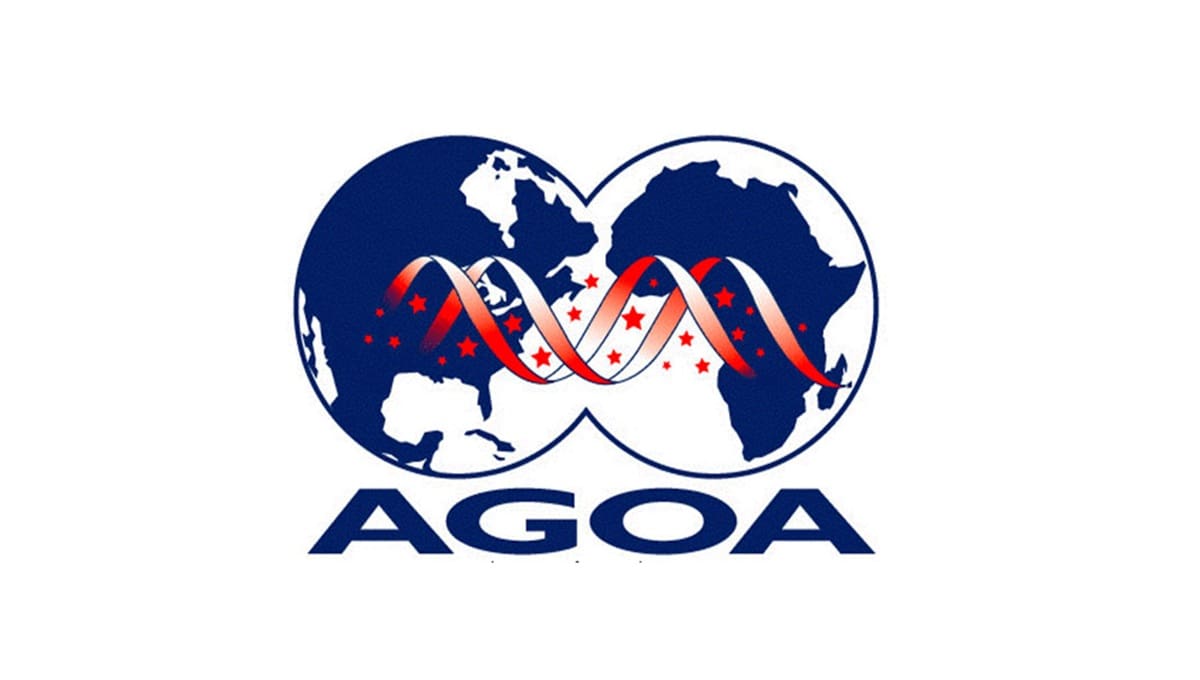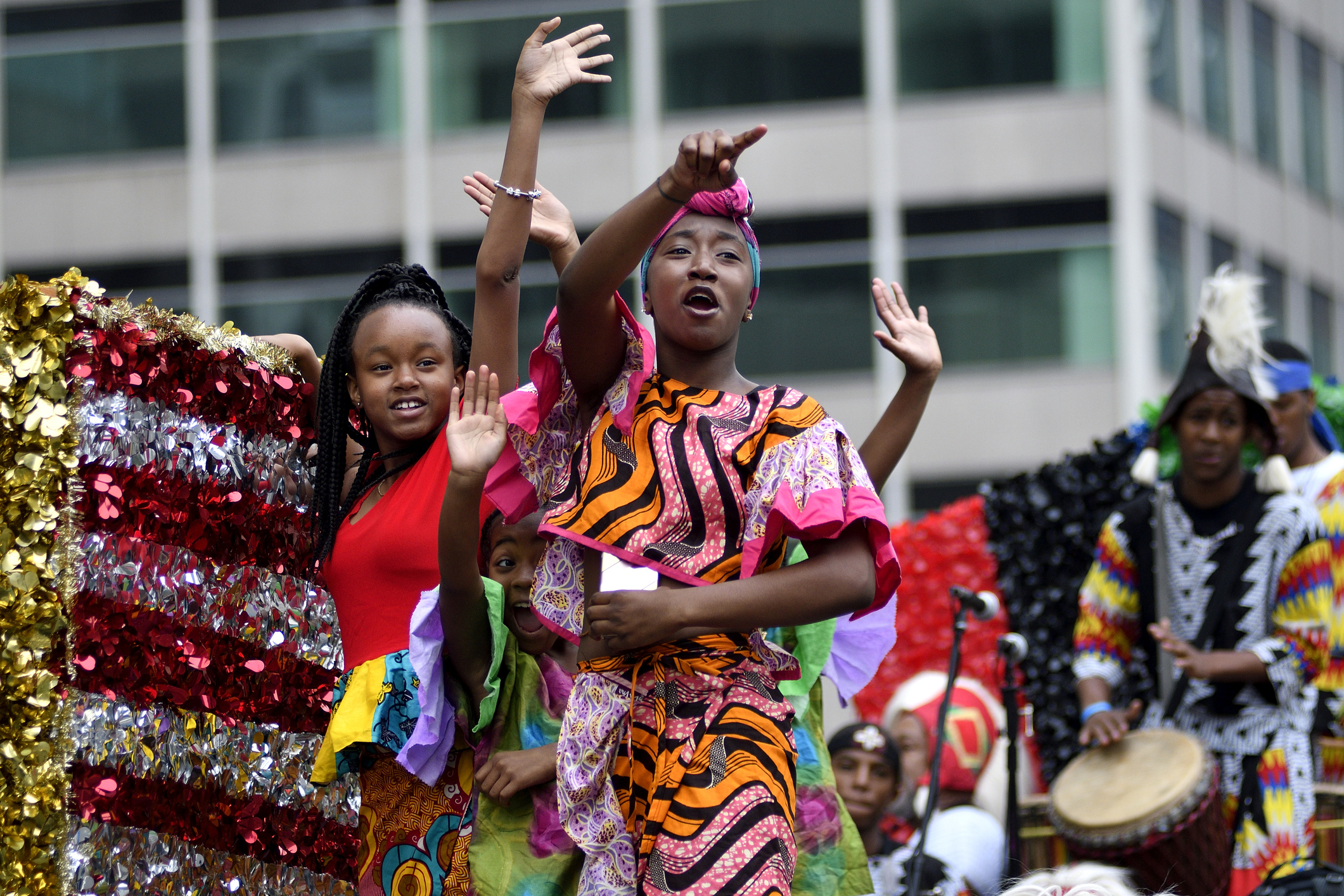Talks over the future of the African Growth and Opportunity Act (AGOA) are set to begin by July, but African nations face growing uncertainty as U.S. tariffs threaten to undermine the landmark trade pact.
AGOA, which since 2000 has granted duty-free access to the United States for eligible sub-Saharan African exports, is scheduled to expire in September. During president Joe Biden’s term, a bipartisan group of U.S. senators proposed extending AGOA through 2041. But Trump’s administration announced sweeping tariffs on 2 April, including a baseline 10% duty on imports from 51 African countries. While a temporary 90-day pause was issued, the 10% minimum remains, putting AGOA’s core benefits in jeopardy. South Africa’s trade minister Parks Tau warned that the new duties, which currently support key sectors like textiles and auto manufacturing across the continent, have effectively “nullified AGOA benefits in particular categories”.
Kenya’s Export Processing Zones (EPZs), employing over 75,000 workers, and Ghana’s garment exporters, such as DTRT Apparel that churns out 50,000 garments daily with nearly half destined for the U.S., are bracing for severe disruption. In Lesotho, whose modest $2 billion economy banks on exports particularly of textiles to countries including the U.S. and now faces a 50% tariff, officials have requested urgent talks with Washington. Zimbabwe has responded by suspending duties on U.S. imports, hoping to preserve economic ties. South Africa, hit with a 30% levy on exports, is calling for a new agreement with the U.S., while analysts urge African states to diversify through regional trade blocs like AfCFTA. As protectionism rises globally, AGOA’s uncertain future could reshape Africa’s industrial landscape and geopolitical alliances.



